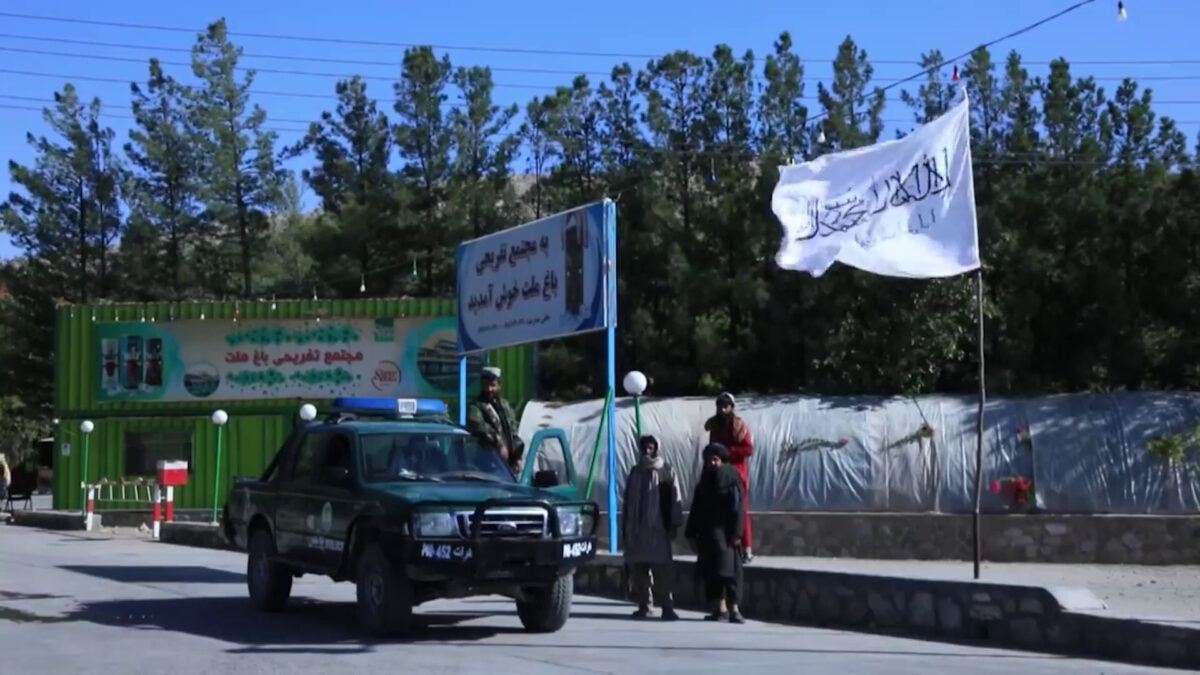The Taliban-run Ministry of Foreign Affairs has drafted guidelines outlining the framework for interaction and engagement with foreign countries but its details and contents have not been disclosed to the public so far.
Meanwhile, the Taliban leader has issued an order on the same subject. The development comes as no country has officially recognized the Taliban’s rule in Afghanistan, nearly two years after they assumed power following the collapse of the republic government in August 2021.
“The formation of an inclusive government, where politicians, ethnic groups, and religious communities can see themselves represented, should be a priority. However, the Taliban’s demands for recognition, lifting of sanctions, and the release of frozen assets create a significant gap. This gap appears to be widening each day,” said Faizullah Zaland, a university lecturer.
The international community has outlined key expectations for engagement with the Taliban, including the formation of an inclusive government that encompasses diverse political forces, ethnicities, and religions.
Additional demands include the suppression of terrorist groups, particularly Al-Qaeda, safeguarding human rights—especially those of women and girls—and preventing poppy cultivation and drug trafficking.
Political experts warn that the Taliban’s interpretation and response to these demands may further exacerbate tensions and complicate the country’s future.
Ishaq Atmar, a political expert, expressed concerns over diminishing trust in the Taliban both among the Afghanistan people and the international community.
He warned that increasing friction “poses dangers for both the Taliban and the future of Afghanistan.”
Over the past month, only six foreign officials, including the UK chargé d’affaires for Afghanistan, have visited Kabul to engage with the Taliban.
Their focus has been primarily on securing women’s rights, particularly the right to work and education. However, the Taliban’s response has been marked by the imposition of strict restrictions, such as the closure of beauty salons for women, rather than a positive approach.
“Interacting with the Taliban is becoming increasingly challenging for the international community. Their decrees on women’s rights and restrictions on individual freedoms contribute to the growing divide between the Taliban and the world,” Frozan, a political expert, stated.
While the Taliban claims that their administration is inclusive and respects women’s rights within the framework of Sharia law, many analysts have argued that nearly 20 terrorist groups operate under the Taliban’s influence. Concerns persist that al-Qaeda seeks to rebuild, women face marginalization, and the Taliban’s structure primarily comprises their own constituents.





